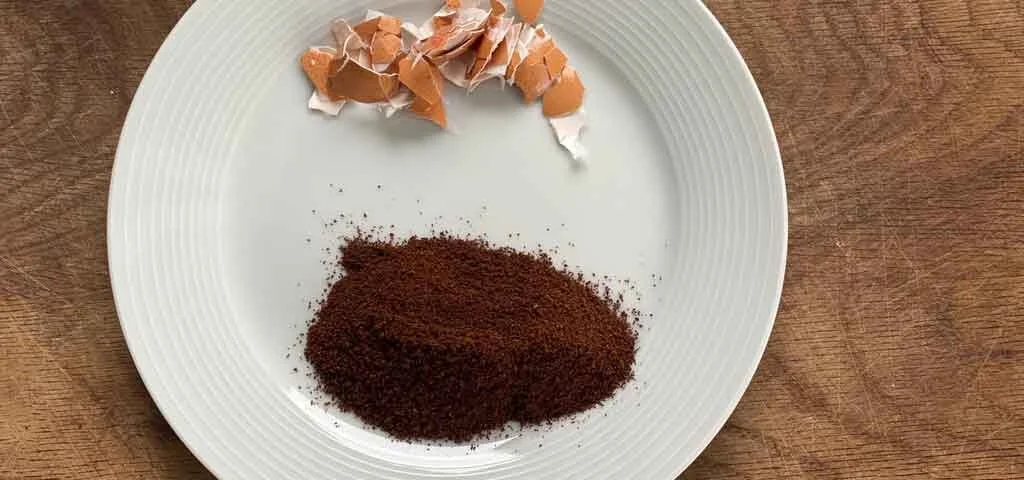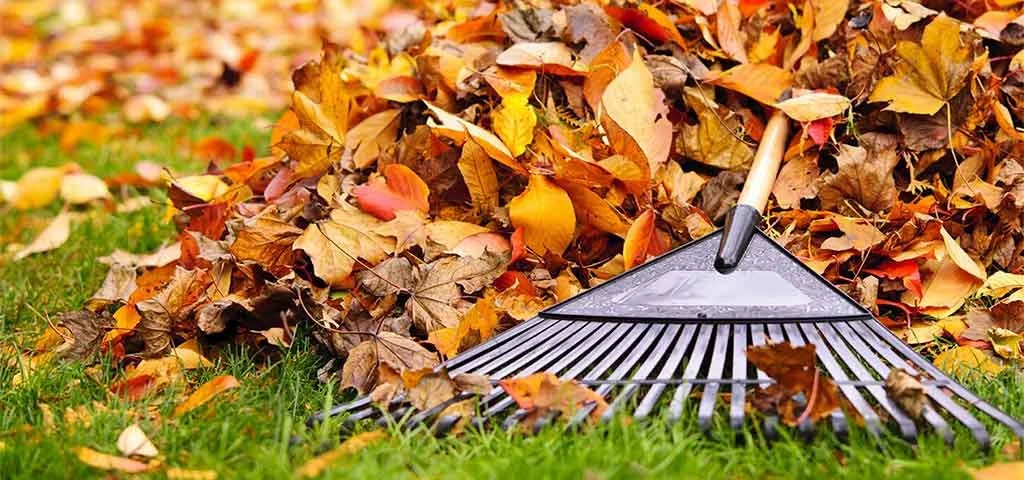How do I get rid of slugs safely?
Keep your garden slug free in a way that's safe for pets and children
Keeping your family and pets safe whilst having a beautiful garden is absolutely possible, in fact it’s more than possible, it can be positively enjoyable. So how do you get rid of slugs safely?
Slugs are widespread in the UK and can cause damage to gardens and allotments all year round.
There are many sworn-by remedies out there including:
Coffee grounds
Egg shells
Salt (not recommended)
Copper tape
Traps
Pellets
Nematodes
Growing nothing
Let’s learn more about slugs, what they want and how to discourage or get rid of them.
What does a slug want?
Slugs are after an easy meal, they will munch holes in leaves, stems, flowers, tubers and bulbs. Slugs don’t like every plant, but they do like enough to become a pest and for some gardeners a nightmare, particularly those with children and pets, who want to get rid of slugs safely.
Above all a slug loves young shoots and seedlings, often decimating all your hard work of an evening!
Garden plants slugs love:
Hosta
Delphinium
Dahlia
Gerbera
Sweet Pea
Tulips
Vegetable plants slugs love:
Peas
Beans
Lettuce
Celery
Cabbage
Potato Tubers
Slugs love these plants, but so do I, and this is why I pay special attention to keeping them slug free.
How can we win against slugs?
Slugs are sneaky yet careless pests. They leave a lot of evidence behind, we can use this to target our counter attack.
Slugs mostly come out at night.......Mostly.
Slugs, like all monsters come out at night, so we need to target our efforts in the evening. This means setting our traps, sprinkling the pellets, or casting protective circles of coffee and egg shell around our precious plants.
Recognising Slug Strike?
Evidence of slug strike manifests in different ways. Holes in plant foliage or nibbled tips on new shoots is a dead give away. Perhaps that tray of seedlings is just a barren waste land. These are all sure signs of the dreaded slug strike.
Slugs leave slime trails, (which can often be seen on dewey mornings) this is the slug taunting you, letting you know it has free rein and cannot be thwarted.
Egg Shells, Coffee Grounds and Copper Tape
Preventing Slug Strike is big business, it’s also been the basis of many an over-the-fence conversation or allotment mumbo jumbo.
‘I swear by egg shells or you can’t beat a ring of coffee’.
Well, finally it looks like we may have an answer. The RHS have been conducting an on-going study into gastropods, focussing on these remedies and others, and it seems like they have found, much the same as me, it’s all rubbish, coffee, egg shells and copper do nothing. Sure it may work for some, but the chances are your increased attention and diligence were key factors!
So we’re back to how do I get rid of slugs safely?
What does work?
I’ve grown plants, I’ve run Garden Centres, my father had a professional plant nursery and a successful landscaping business and my Grandfather grew prize winning Dahlia, which we were forbidden to touch.
These things work:
Being tidy, clearing up fallen leaves in autumn
Welcoming Birds and other wildlife into your garden. (less useful for veg growers I know)
Nematodes, Biological warfare for the garden and allotment
Slug Pellets, (don’t all shout at once, I will explain)
Cloches
Traps
Being tidy and encouraging wild life
Good garden keeping is the first step, clear up the leaves in Autumn. Slugs love places to lay their eggs and hibernate, they also like to hide from their enemies. While you’re thinking about turning the heating on, or getting out the winter duvet, the slug is thanking you for doing the same for them!
A tidy garden makes it easy for birds to find the slugs and do the hard work for you.
While you’re at it, fill your garden with snug places for voles, bees, spiders, and lacewings as you go. They will help you deal with slugs and many other garden monsters.
Nematodes, microscopic organisms out of your watering can
Nematodes (Nemaslug) are microscopic eel worms which burrow into the slug and infect it with bacteria, the slug dies, everything else lives. They are Organic, and 100% safe for Pets, Children and Wildlife (not slugs obviously).
They are awesome, and versions are available for many other pests, including the dreaded Vine Weevil.
To use these amazing biological warriors there are a couple of caveats:
You can only use them when the soil temp is between 5˚C and 20˚C so Spring and Autumn. Handily these are both peak breeding seasons for slugs.
You need to order them from online suppliers (some Garden Centres keep them in fridges for sale).
You can use them in your greenhouse, but remember the temperature range.
Slug Pellets, Da Da DAAAAA
So we made it down to slug pellets.
Metaldehyde based Slug Pellets have finally been banned in the UK.
When people draw back in horror at the mention of slug pellets Metaldehyde is the type they mean, however many people don’t know there is an alternative which is approved for organic gardening, safe for pets and children (when instructions are followed), and generally an all round great guy.
Ferric Phosphate
Slug Pellets based on Ferric Phosphate are approved for organic use, and when used as directed, they are safe for Pets and Children.
There are versions of this type of slug pellet available from various well known brands including:
Growing Success Advanced Slug Killer
Solabiol Garden Slug Killer
Vitax Slug Rid, Doff Super Slug Killer
Sluggo Slug & Snail Killer
SlugClear Ultra3
I use Growing Success Advanced Slug Killer in my own garden when I have to and our four dogs ignore it.
Remember to read the instructions! Slug pellets are a last resort and should be scattered sparingly, never left in pretty little piles or defensive rings. This encourages other wild life to eat them, it is a waste and it doesn’t work… also, the slugs aren’t impressed.
I have also heard good things about Wool Pellets perhaps if you have used them you could tell me what you think in the comments below.
It's a Trap! A trap!
If you’re squeamish this one may not be for you, but then we are talking warfare.
Slugs are attracted to real ale and beers, less so lager. You can buy simple plastic traps place them around the garden, (no not like Hadrians Wall around your prized Dahlia) and fill with beer, the slugs will investigate and drown.
There isn’t much to say beyond that, they just work, there are some videos on youtube about making traps from yoghurt pots and other household detritus.
Red Alert, Raise Shields
A cloche is a plastic or glass dome, placed over vulnerable plants, a little bit like a transparent Rhubarb forcer.
Cloches can have a double benefit in the garden, they protect young growth from the cold and damage by pests, and that includes slugs.
To protect from slugs, place the cloche over the plant / seedling and make a good seal around the base.





